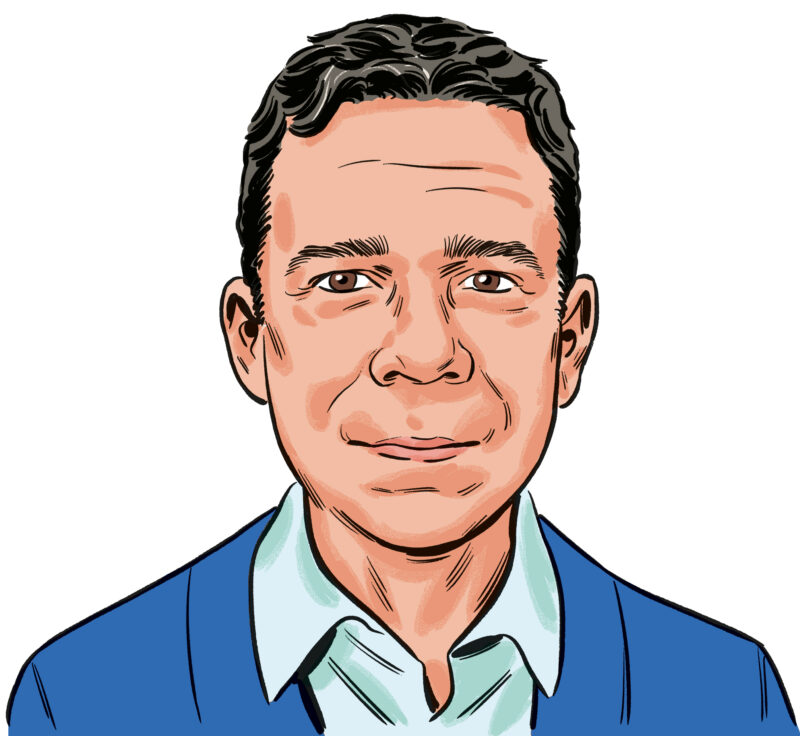In her acceptance speech, Kamala Harris called for a ceasefire and acknowledged the suffering in Gaza, while also making clear that an arms embargo was out of the question—all this practically in the same breath. The speech occurred as the marches that called for both a ceasefire and an embargo wound down. No Palestinian American was allowed to give a speech from the main stage. Uncommitted delegates staged a sit-in at the United Center. Beyoncé did not show up.
The final march, on Thursday, felt smaller than the one on Wednesday—and the one on Wednesday was smaller than the one on Monday. At the pre-march rally, an anarchist told me that he missed the energy from 2004. He was in his fifties, he’d taken the Zephyr down from Berkeley, and he’d take it back on Friday. I’d been walking around at the exact time that my three-year-old usually gets cranky and has meltdowns: My three-year-old wasn’t with me, but there was definitely a three-year-old at the rally, and she was definitely having a meltdown. And that meltdown felt, for a hot second, like the most energetic thing in Union Park.
You have reached your article limit
Sign up for a digital subscription and continue reading all new issues, plus our entire archives, for just $1.50/month.
Already a subscriber? Sign in





